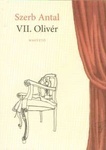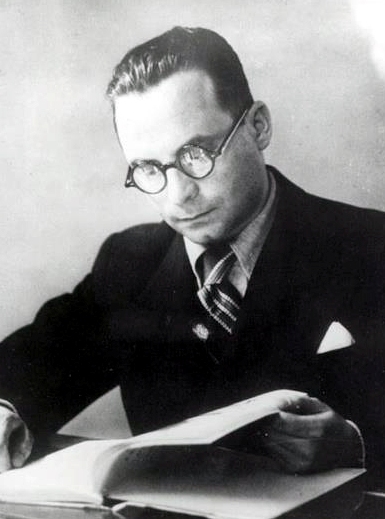What do you think?
Rate this book


236 pages, Hardcover
First published January 1, 1943

A witty reworking of one of the most interesting questions of existentialism, this is a playful work of comic philosophy.
The novel becomes an examination of identity, of how we become who we are and how who we are changes according to who others think we are. Oliver steps beyond convention, represented in part by the heavy and restrictive greatcoat the king is required to wear on all formal occasions, and changes from being a man who is given his part in life (for a king is born to be a king, and has no other options) to one who chooses it. (Max Cairnduff, Pechorin's Journal, The real test of life was uncertainty, 4 Oct 2012, underlining mine.)
In October 1942, the questions of identity and loyalty that feature so strongly in Szerb’s fiction took a new and urgent form. A lifelong Catholic and a sincere if somewhat free-thinking Christian, he found himself reclassified as a Jew (by descent) and therefore an alien in the land of his birth. Religious affiliation was no longer a defence. Now it was his turn to choose: between living out the role he had been so cruelly allotted, and the chance to flee. At first he simply clung to hope, while his scholarly works were banned, and Oliver, passed off as a translation from the English of a supposed A H Redcliff, sank without trace. (His widow kept it in a drawer for the next twenty years). He lost the right to teach in his university; was summoned for periods of forced labour. Next came the yellow star and the ghetto. Ahead lay the death camps. (Kindle Edition p 204)